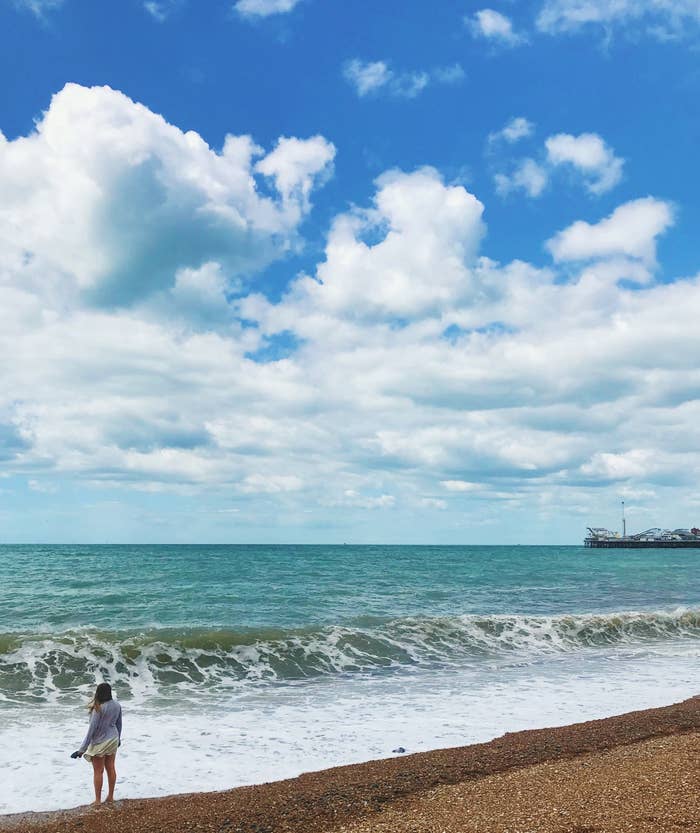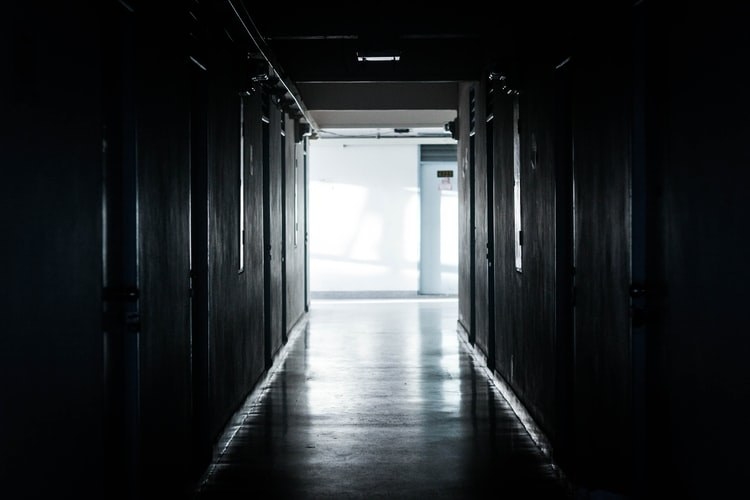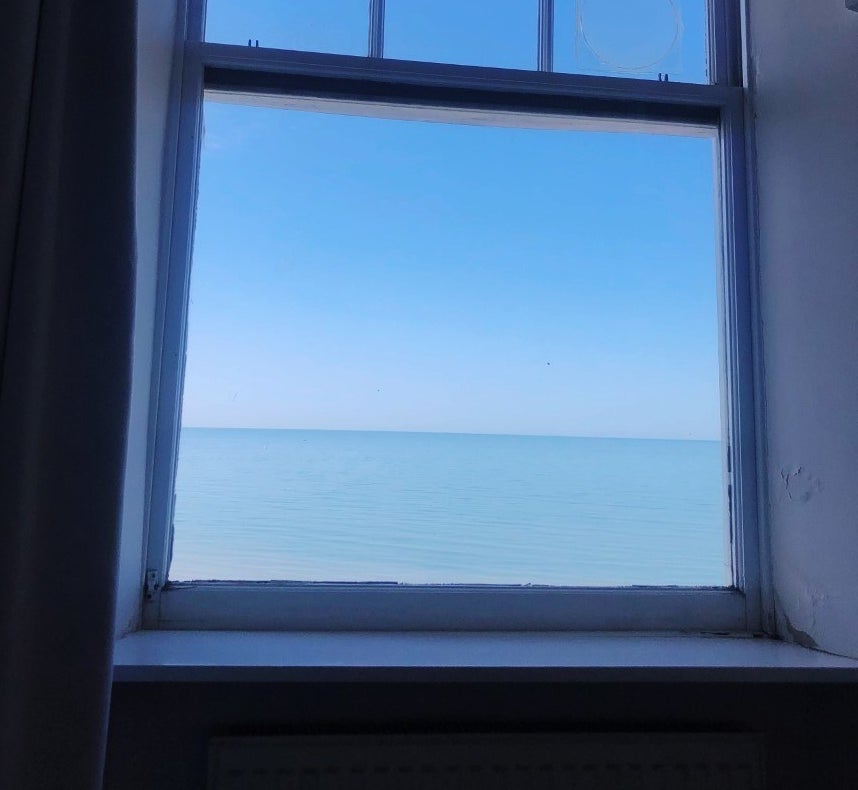
[ad_1]
Trigger warning: This post mentions self-harm and may be triggering for some readers.

Gabriela Fowler
DURING A PARTICULARLY bleak December day recently, I texted one of my best friends telling her how alone and hopeless I had felt this year, and she replied, “loneliness moves so slowly.”
It’s one of the best descriptions I’ve heard of what so many across the world have experienced in 2020 — a stifling stagnancy, unprecedented loneliness and an inability to move forward in a way that feels meaningful. For anyone who has lived with mental illness, these feelings are particularly debilitating because of their familiarity. The external anxieties caused by the pandemic and the internal struggles of mental health create a similar sense of heaviness. Cement blocks of certainty that make momentary misery feel permanent, that obscure any view of future possibilities.

Gabriela Fowler
WHEN I MOVED TO LONDON at the end of last year, I had felt at peace with my experience of mental illness. While it would always be a part of me, it had less influence over my life and no longer felt like my defining characteristic.
It had been nearly nine years since I tried to take my life for the first time and nearly five years since my last hospitalisation. While those painful experiences felt very far away, I vividly remembered the first time I was hospitalised and the fear that set in. Confined to an emergency psychiatric ward, I was unable to leave my small room, brightly lit and clinically clean. I felt panic at the complete and utter lack of control I had over my own life. When the first lockdown started, not only did it remind me of those months I had spent in hospitals, unable to leave, but it also marked the return of dark feelings that I had thought were in my past.

Unsplash / Via unsplash.com
UNDER PSYCHIATRIC CARE, many decisions were taken away from me. Doctors and nurses dictated what and when I ate, who I could see and for how long, and whether I was allowed outside. During the early days of the pandemic, I was reminded of those weeks of confinement, a period that I only later realised helped me to heal.
When there are no external distractions, the mind has no choice but to turn inward. In hospital, this is deliberate. You are removed from your life to limit external triggers, to focus on yourself in a safe environment. However, in the ward, I was carefully monitored and medicated. I was guided along the path to recovery by a team of medical professionals, supported by visits from loving family and friends. The compulsory introspection was constructive, rather than destructive.
It was different from the forced isolation of the pandemic, when I was stuck in London with flatmates I barely knew and was unable to return home to Sydney. It was the loneliest and lowest I had felt in years. Old thought patterns and behaviours surfaced, and once again I struggled to see a way out.
In hospital, your isolation is for your own good, designed to give you a chance to rest and to rebuild. Being hospitalised was frightening, but it saved my life. There was not a way out, but through. Other people around me could see the possibility of a light at the end of the tunnel. It would take years — more hospital admissions, longer stays in psychiatric wards. Doctors and appointments and medication and tears and talking. But I allowed myself to be pushed into putting one foot in front of the other, until one day, I wanted to take the steps on my own. Until I realised that I did want to live. Until I rediscovered the things that I loved and the people who loved me and the future I had seen fading away started to come into focus.

Gabriela Fowler
WHEN I FELT trapped in that hospital room aged 17, I couldn’t see where my life would take me. I couldn’t imagine surviving one more day, let alone living in London with two of my best friends, having just completed an MA in literature. I was lucky that other people could see the potential in my future and pushed me towards that. I was privileged to have access to the medical care I needed. I am so grateful that I kept on living.
The problem with the pandemic is that it feels like there is no way to move forward. How can you put one foot in front of the other when you can’t leave your house? It’s hard to unravel the feelings of indeterminacy and fear and hopelessness, caused equally by the pandemic and my brain chemistry. As with all negative thought patterns, I must remind myself that they are fleeting. It may feel like this will last forever, but one day it will pass.

Gabriela Fowler
JUST LIKE THE RECOVERY from mental illness, the end of this pandemic has no clear timeline. There have been setbacks that make it feel like we’ll never get through this. Lockdowns, lost loved ones, financial stress, heartbreak, illness and isolation. My friend told me that loneliness moves slowly, and she’s right. But at least it is still moving. Sometimes so slowly that it feels like we’re going backwards, and it’s hard to see what’s ahead. Yet the future is still there, waiting just out of sight. We can’t possibly imagine what it will hold, but we have to trust that there will be a way through.
In the meantime, we should be kind to ourselves and each other and seek help if we are struggling. We should try to focus on small moments that bring us joy. We should tell people how much we love them. We should be grateful for what we do have and allow ourselves to grieve what we have lost. If we can manage to hold on a little longer, then hopefully one day soon this year will become just another memory, a painful moment in time that made us into who we are.
If you need mental health support for yourself or a loved one, you can call Lifeline on 13 11 14 if you’re in Australia or Samaritans on 116 123 in the UK. For all US residents, The National Suicide Prevention Lifeline (1-800-273-8255) is a 24-hour, toll-free and confidential hotline available to anyone in emotional distress.
[ad_2]
Source link





